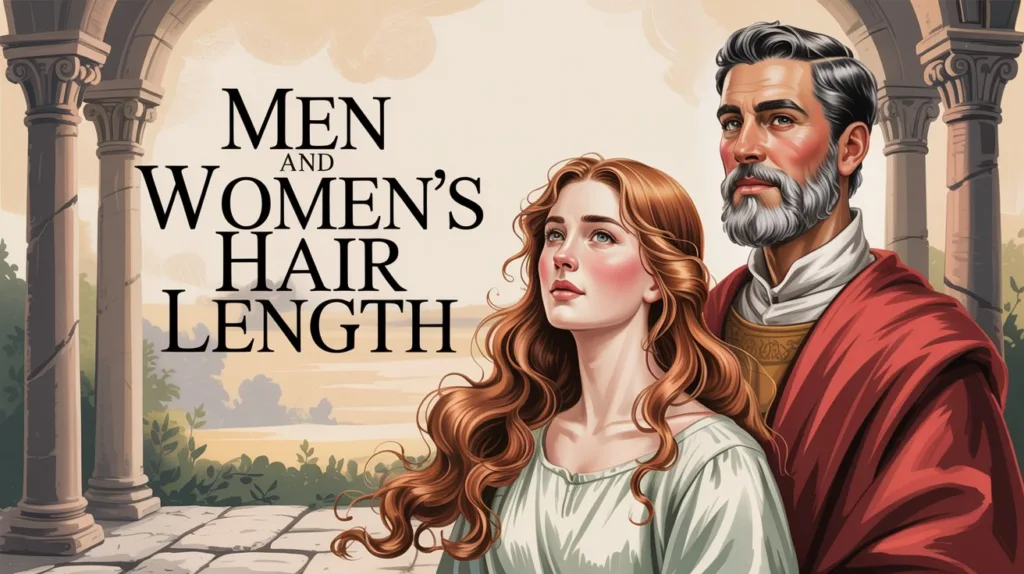Slavery in the Bible must be understood within its historical and cultural context. The Scriptures do not endorse slavery as practiced in later centuries, especially the racial and oppressive slavery of the modern era. Rather, it acknowledges its existence and regulates it under the law, focusing on justice, accountability, and dignity.
In the Old Testament, slavery was often an economic arrangement. People could sell themselves into servitude to pay off debt (Leviticus 25:39), and Hebrew slaves were to be released in the seventh year (Exodus 21:2). Abuse of slaves was forbidden:
“If a man strikes the eye of his male or female servant, and destroys it, he shall let him go free for the sake of his eye.”
(Exodus 21:26)
Foreign slaves could be held permanently, but even they were protected under the law. Kidnapping a person to sell as a slave was punishable by death (Exodus 21:16), making modern slave-trading a direct violation of biblical law.
In the New Testament, slavery existed throughout the Roman Empire. Paul addresses both slaves and masters, not to endorse the system, but to guide Christian behavior within it. Ephesians 6:5–9 and Colossians 3:22–4:1 instruct slaves to obey their masters and masters to treat their slaves justly and fairly.
Paul reminds believers that in Christ:
“There is neither slave nor free… for you are all one in Christ Jesus.”
(Galatians 3:28)
In the book of Philemon, Paul appeals to a slave owner to receive his runaway slave, Onesimus, “no longer as a slave but more than a slave—a beloved brother” (Philemon 1:16).
The Bible ultimately affirms the equality of all people before God and points toward a relationship built not on power and control, but on love and mutual respect. While it does not explicitly call for the abolition of slavery, it lays the foundation for its eventual moral rejection.





 Get the book that teaches you how to evangelize and disarm doctrines from every single major cult group today.
Get the book that teaches you how to evangelize and disarm doctrines from every single major cult group today.